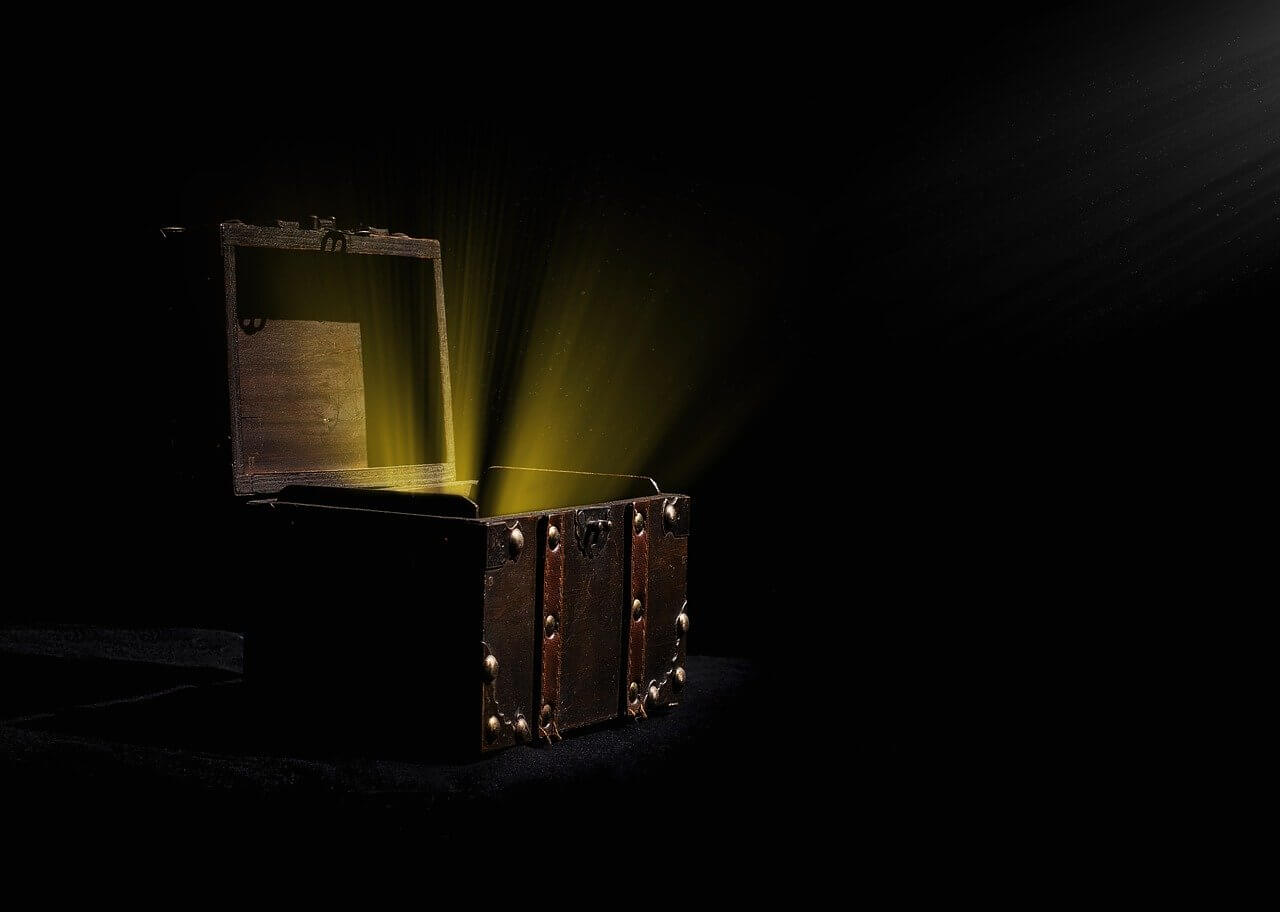“If something is a tool, it genuinely is just sitting there, waiting patiently. If something is not a tool it’s demanding things from you. It’s seducing you, it’s manipulating you, it wants things from you. We’ve moved away from a tools-based technology environment, to an addiction and manipulation-used technology environment. Social media isn’t a tool waiting to be used. It has its own goals, and it has its own means of pursuing them by using your psychology against you.”
The Netflix documentary “The Social Dilemma” is a must-watch. I found several of the quotes throughout the documentary to be positively chilling and slightly disturbing. So, of course, this article features some of the wildest quotes featured in the documentary.
1. “If you’re not paying for the product, then you are the product” — Daniel Hövermann
Jaron Lainer, a computer scientist and virtual reality pioneer, responded with a slight disagreement: “It’s the gradual, slight, imperceptible change in your own behavior and perception that is the product.”
I often find myself wondering how applications like Instagram and Twitter make money … and now I know. I always figured my attention was worth something, but apparently, it’s worth millions of dollars.
2. “There are only two industries that call their customers “users”: illegal drugs and software.” — Edward Tufte
It’s unsettling to consider that some of the most powerful people in the world refer to human beings as users of their products. Of course, this adds to social media dehumanization, rapidly increasing our daily intake of photoshopped images without a thought of how that changes people psychologically or emotionally. As long as they’re making money, nothing else matters.
3. “Nothing vast enters the life of mortals without a curse.” — Sophocles
A cynical outlook on life, but he’s not wrong. Just like people have good and bad sides, there’s a good and a bad side to everything. Every creation, invention, or object can be used wholesomely and with good intent or used in manipulative agitation or to purposefully cause harm. It’s imperative that we remain aware of the dangers our new technologies bring to the table.
4. “We curate our lives around this perceived sense of perfection because we get rewarded in these short-term signals: hearts, likes, thumbs up and we conflate that with value and we conflate it with the truth. And instead, what it is is fake brittle popularity that’s short-term and that leaves you even more, and admit it, vacant and empty before you did it. Because that enforces you into a vicious cycle where you’re like what’s the next thing that I need to do now because I need it back. Think about that compounded by two billion people and then think about how then people react to then to the perceptions of others.” — Chamath Palihapitiya, CEO of Social Capital
Social media has proved to be a source of loneliness and constant comparison. Likes and shares aren’t a true or accurate indication of how much someone cares or doesn’t care about you. Comparison between yourself and the doctored photos on social media creates a hurt that isn’t examined enough, and the whole world is doing it. The whole world is immersed in loneliness and feeling of inadequacy, impairing our ability to be there for each other because we’re so deep into our own hurt to heal others.
5. “We’re training and conditioning a whole new generation of people that when we are uncomfortable or lonely or uncertain or afraid we have a digital pacifier for ourselves that is kind of atrophying our own ability to deal with that.” — Tristan Harris, former design ethicist at Google and co-founder of Centre for Humane Technologies
On a global scale, our ability to handle negative situations or experiences is rapidly deteriorating. By using our cell phones as a crutch, we are essentially disabling our ability to connect with everyone around us. We’re turning off our Wi-Fi and going onto airplane mode, not on our phones, but in real life.
6. “We’ve created a world in which online connection has become primary. Especially for younger generations. And yet, in that world, anytime two people connect, the only way it’s financed is through a sneaky third person who’s paying to manipulate those two people. So we’ve created an entire global generation of people who were raised within a context with the very meaning of communication, the very meaning of culture is manipulation.” — Jaron Lainer, computer scientist and virtual reality pioneer
If manipulation has truly taken over our communications, is a connection even possible? Are we missing out on real life because of a sneaky third party, manipulating everything we see and every thought we have? Find out on “The Social Dilemma.”
- Extended self
- Digital self
- Customer loyalty
- Object attachment
- Social media

